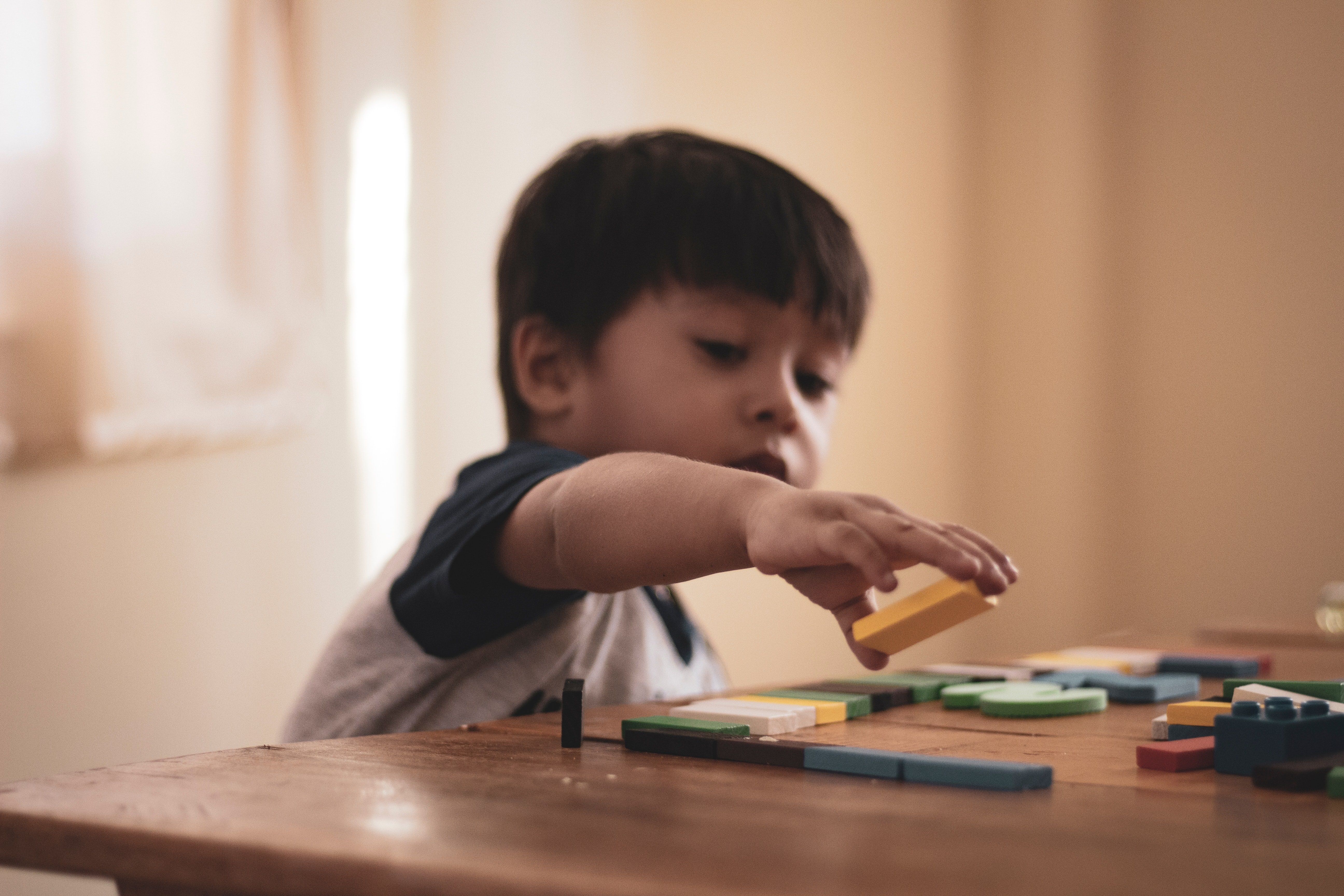
For the last several months, I have had the pleasure of helping preschool children develop social, emotional and coping skills. Between the ages of 3-5, children are ruled by their emotions as every parent already knows. Socialization, the process of learning to interact and get along with others, is something that children must learn. The development of these social skills depends on several factors: self-control, verbal communication and the ability to identify their own emotions as well as the emotions of others.
Talking to your children about their day and asking them to tell you which part of the day made them feel happy, frustrated or excited is a great way to encourage these skills at home. It’s critically important to validate your child’s emotions before redirecting them -- yes, even during a meltdown! In The Whole-Brain Child, Siegel and Bryson refer to this technique as Name it to Tame it. They suggest using phrases like, “I wonder if you are feeling (fill in the blank)”, to help your child properly identify emotions and begin to grow their emotional vocabulary.
Sharing, cooperation and following social rules are encouraged in the classroom. In our small preschool groups, I model acceptable social behaviors such as saying hello, making eye contact and respecting personal space. When working on emotional and coping skills with the children, we role play how to verbalize the emotions we are feeling. For big emotions like frustration, fear, and anger, we also practice calming down techniques together.
Research shows that a child’s ability to properly name and respond to his or her emotions significantly impacts choices and behaviors throughout the day. Children often mimic what they see at home. I have four children under 10, so I completely understand those times when parents get overwhelmed and don’t handle a situation in a way that they are proud of. That’s okay! Being a good example to your children isn’t about being perfect. It’s really about being able to name your own emotions and confessing to them that you didn’t respond in a way you are proud of if that’s the case. “I’m sorry that mommy just yelled at you. I was feeling very overwhelmed, and I should have taken a moment to breathe instead of screaming.” Life is busy; we are all juggling families, careers and daily household worries. Sometimes even adults have big emotions that take over. Apologizing when we handle our own emotions inappropriately is a teachable moment for our kids. It’s also a wonderful example to model and to have our children mimic.

